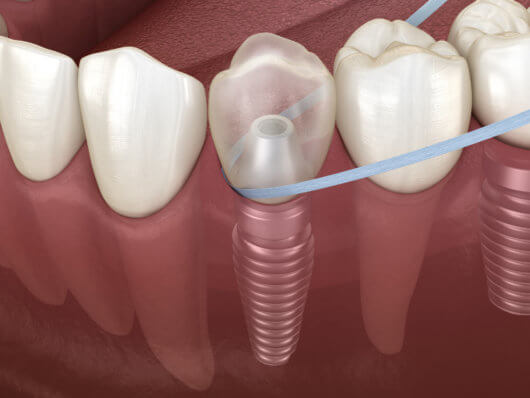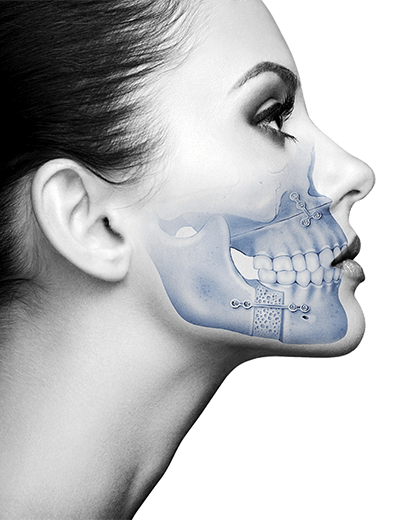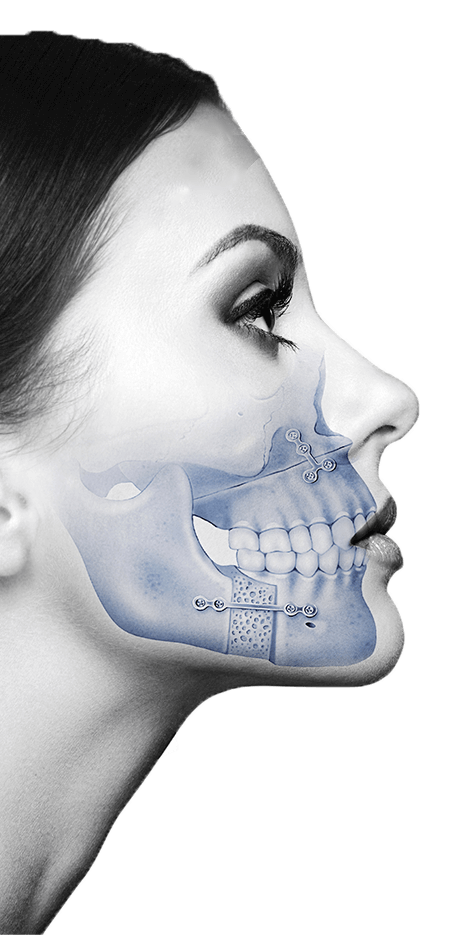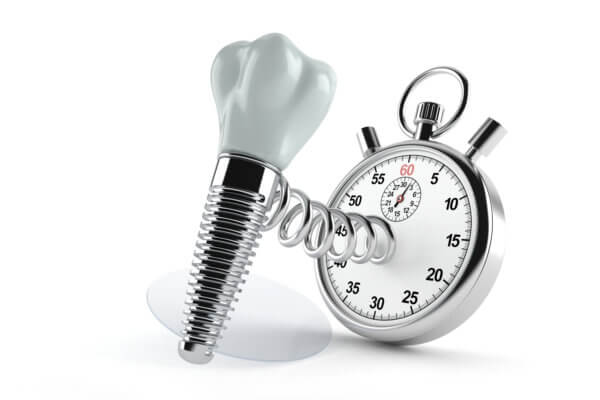Dental implants have an average lifespan of 15 to 25 years. However, numbers may vary based on a number of factors. In most cases, the implant itself is permanent, since titanium (implant material) fuses with the jawbone in a process called osseointegration, and lasts as long as the jawbone is there, often during the rest of the patient's life, assuming that there is adequate maintenance and that the patient receives periodic dental check-ups twice a year.
The most important factor in the expected longevity of a dental implant is hygiene, if dental cleaning is deficient, bacteria will accumulate on the surface of the implant and cause inflammation of the mucous membrane surrounding the implant, this is what is known as mucositis. If left untreated, mucositis can progress to a more dangerous condition called periimplantitis, in which there is inflammation and bone loss around the implant. Finally, the implant loses its anchorage in the bone and becomes loose.

The useful life of dental implants can also be affected by health factors, such as diabetes or cancer, or by habits such as smoking, factors that greatly increase the probability of failure of a dental implant.
In any case, dental implants must be maintained through regular brushing and flossing, and you should also avoid biting hard things with them, since in the same way you can break a tooth. Dental crowns, on the other hand, has a shorter life than an implant, with an approximate duration of 10 to 15 years before normal wear can cause the tooth to require a cap replacement, although excellent dental hygiene could extend the useful life of a dental crown beyond 15 years.
Related: Five tips for the hygiene of your dental prosthesis








